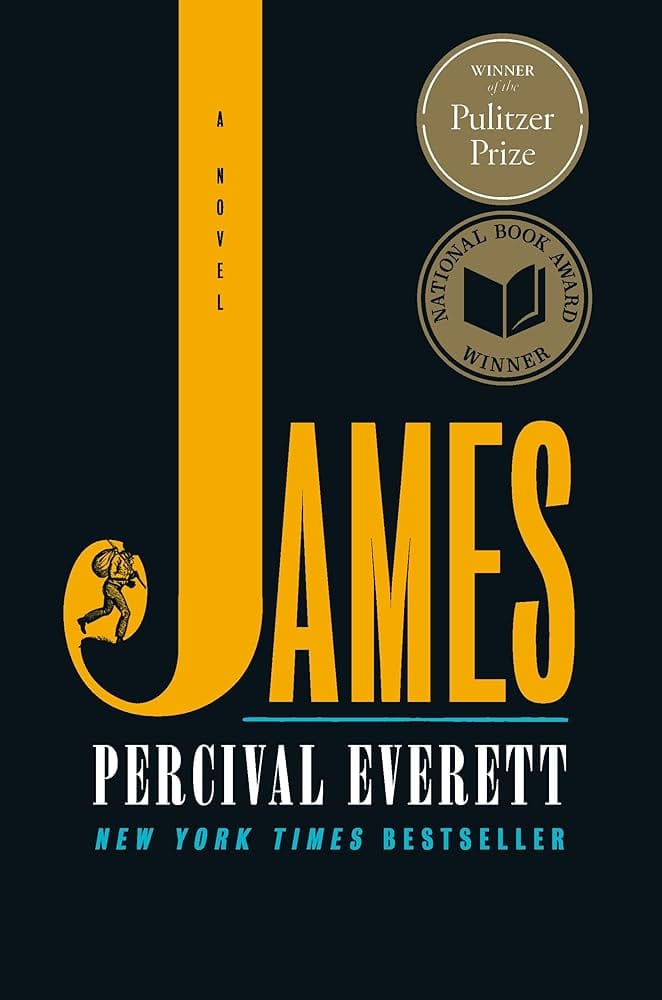In Defense of Reimagining the Classics

Hey Friends,
Tonight I’m heading (down the street – lucky to be able to walk to so many things in Madison) to hear Percival Everett, the author of “James,” give a book talk. “James” is a re-telling of “The Adventures of Huckleberry Finn” by Mark Twain. This new version is brilliant, really, and a lesson in dialogue and perspective and history. It’s both like Huck Finn and not like it, which to me, adds to the legacy and beauty of the original work.
Taking on a classic is risky, but when it works, it extends the reach and complexity of the original. I’ve been thinking about this a lot in our AI world, where art and music and words are altered by computers. “James” is an utterly human re-telling of the original. I’m not sure AI could have done it.
I felt similarly reading Barbara Kingsolver’s “Demon Copperhead,” a modern take on Charles Dickens’ “David Copperfield.” And, “Wide Sargasso Sea” by Jean Rhys, a prequel and re-telling of Charlotte Bronte’s “Jane Eyre,” from Bertha’s point of view.
In part all of these work because they aren’t pretending to be something completely untethered to the first tales. I know some might think its sacrilege to retell a great story, but then we wouldn’t have had James Joyce’s “Ulysses” (“The Odyssey”) or even two of the movies I love that are Odyssean tales, “O Brother Where Art Thou?” and “After Hours.” There’s a lot of space for connected creativity, if we’re honest – and human – about it.
What re-tellings have you liked – or not?
– Shannon

Member discussion